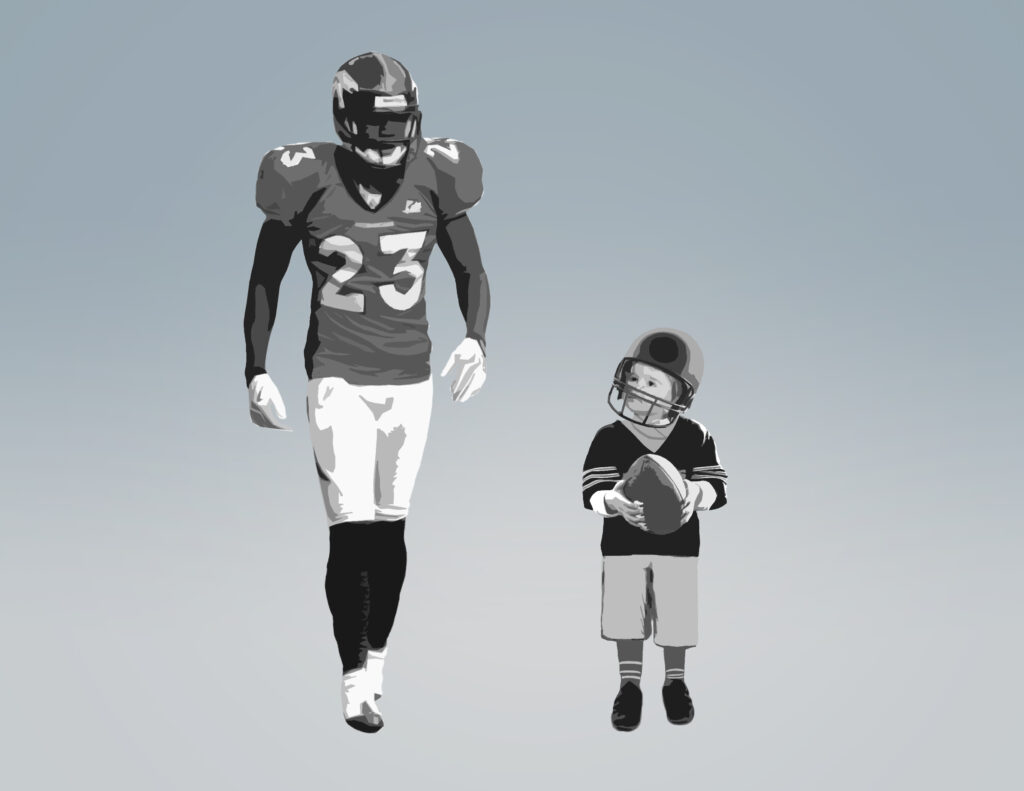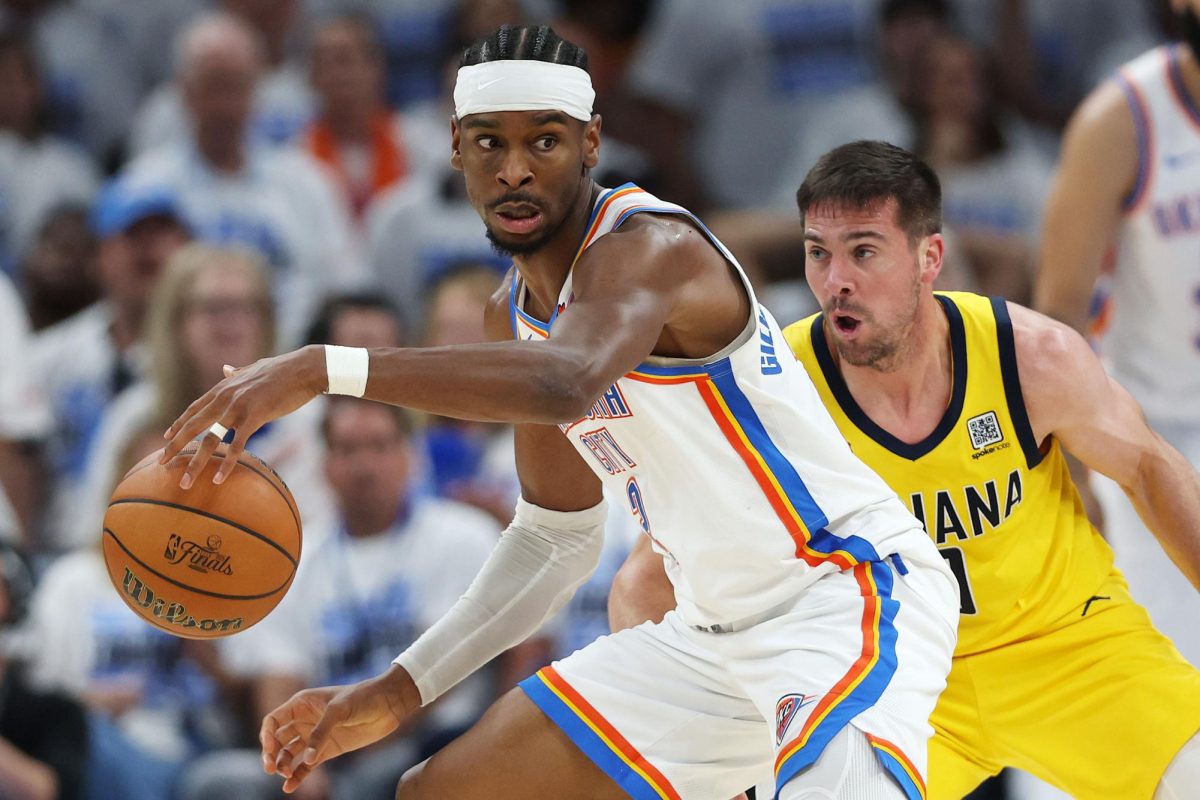
Sports are provocative institutions. They beg for the revelation of show-stopping moments and iconic characters that tell unique stories to people who are constantly begging to be satisfied.
Athletes have all the power to excite their fans, but they must be wary of that fact that satisfaction has no ceiling, lest they become reduced to mere characters on a stage, dancing as the audience wills.
For many professional athletes, the art of competition brings out the best in them, while for others, it creates an environment where morally bankrupt people can buy their way out of bad decisions.
Professional sports produce some of the most publicly-recognized personalities by continuously spotlighting everything that athletes do and say. For the rise or demise of many leaderless youth, those personalities become the archetype examples of rhetoric and lifestyle.
Regardless of the inherent responsibility of professional athletes, the conflict highlights the teaching responsibilities of parents and coaches and the numerous opportunities available to them in producing effective change in our contemporary society.
When professional athletes get caught beating their significant others or hosting dog fights, what are children who idolize those athletes supposed to glean from those situations? Will parents teach them what is right and wrong? Or are they supposed to come to conclusions on their own?
As demonstrated by Ethan Couch and his infamous “affluenza defense,” people who have not been taught the difference between right and wrong produce a society where alcohol induced vehicular manslaughter becomes a pardonable offense.
It is the responsibility of each and every parent, coach, teacher and leader to produce a generation based in respect, understanding and patience.
I witnessed a team who could compete fiercely and still lose gracefully during a basketball game where the Weber State University men’s basketball team played against Black Hills State University. Despite Weber’s superior team members and eventual 41 point victory over the Black Hills State team, Weber’s opponents never once started a fight or made a scene. They played hard till the end, and they exemplified their stalwart personalities.
Sports are provocative institutions, and they can teach kids to master themselves and their minds. Instead of providing an arena for hatred, anger and segregation, they should demonstrate the human ability to tolerate, forgive and especially overcome the barriers of their own minds.
Even when a team loses, the players still have two choices. They can choose to leave the game defeated, angry and distraught, or they can leave it with a lesson learned and room to grow.
A very influential moment for me during my childhood was when my little league football coach ended his Saturday morning in handcuffs after he and the opposing team’s coach got in a fight about something forgettable.
As a member of my coach’s team, I felt a lot of anger toward our opponents because, in my mind, they were to blame for my coach being in handcuffs. I placed all of the blame on the other team for our misfortune and gave little thought to how he might be to blame. In my mind, after all, my coach was invincible.
At the end of it all, my parents taught me how both coaches were responsible for their actions, opening my mind and helping me to realize how our team could have changed their attitudes to create a better playing field for teams on both sides.
Sports are a catalyst for polarizing personalities. They can make or break a socially responsible person, and teaching responsible sportsmanship is up to parents, coaches and professional athletes, in order to make sure that youth have good examples to look up to as they grow and develop.
There is no excuse for hatred, segregation or violence in any situation. I don’t refute the merits of healthy competition or a long-standing rivalry between teams, but at the end of the day, there are no teams, and there is only one goal. Everyone has his or her part in making sure we all win together because if not, we will certainly lose together.



















